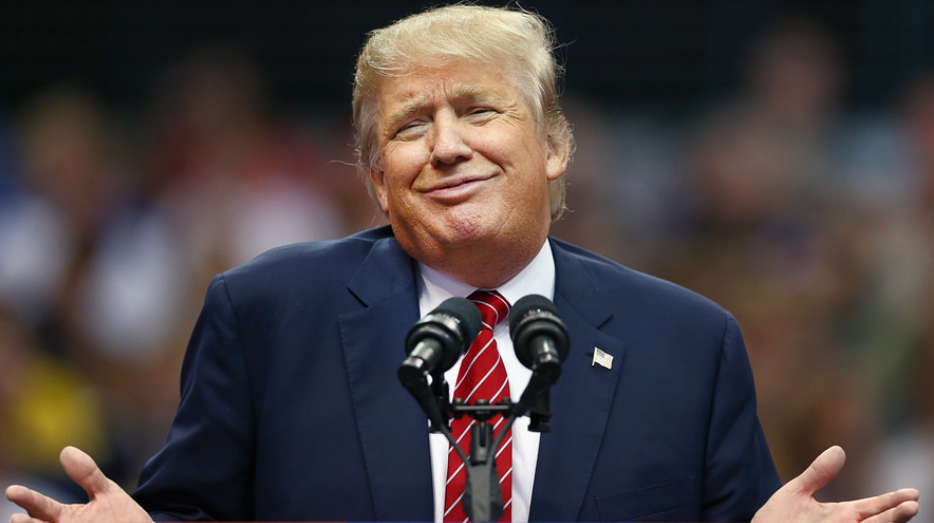In an ambitious move that underscores the deep divisions within the Republican Party, a group of anti-Trump Republicans has announced a $50 million campaign aimed at preventing the former president from reclaiming the White House. Spearheaded by Republican strategist Sarah Longwell, the initiative, Republican Voters Against Trump, seeks to leverage the voices of former Trump supporters who have since turned their backs on him, sharing their personal journeys of disillusionment and decision to withdraw support in the upcoming election.
This strategic campaign targets a specific demographic: moderate Republicans and Republican-leaning voters in key swing states, including Arizona, Georgia, Michigan, Nevada, Pennsylvania, and Wisconsin. These states, critical battlegrounds in the electoral map, could very well decide the outcome of the 2024 presidential race. Through a mix of traditional and digital media platforms—TV, streaming services, billboards, radio, and online—the campaign will disseminate testimonial videos from individuals who, once staunch Trump backers, now see his potential reelection as a threat to the nation’s democratic principles.
The strategy is not new but builds on the foundation laid during the 2020 election when more than a thousand testimonials were shared, contributing to the formation of an anti-Trump coalition. This coalition, according to Longwell, played a pivotal role in the previous election, and its expansion is seen as crucial to thwarting Trump’s ambitions for a second term. The essence of the campaign’s message is straightforward yet powerful: regardless of one’s grievances with current President Joe Biden, Donald Trump’s behavior and policies are viewed as far more dangerous and erratic, rendering him unfit for the presidency.
What makes these testimonials compelling and potentially impactful is not an endorsement of Biden or a discussion on his merits as a president. Instead, they focus on specific moments of disillusionment with Trump, personal thresholds that were crossed, leading to a decisive break from his leadership. One such testimony comes from Ethan, a resident of Wisconsin, who articulates a sentiment shared by many former supporters: the attack on the Capitol on January 6 marked a turning point. Ethan’s narrative is a poignant reflection on the importance of the peaceful transfer of power, a cornerstone of American democracy, which he felt was egregiously undermined by Trump’s actions and rhetoric.
These personal stories are at the heart of the campaign, aiming to resonate with voters who might still be on the fence or reluctant to publicly shift their allegiance away from Trump. By focusing on the narratives of individuals who have undergone a similar journey of political reevaluation, the campaign seeks to create a “permission structure”—a space where it feels acceptable to change one’s political stance based on evolving circumstances and insights.
This $50 million initiative is not merely a political maneuver; it represents a profound statement about the state of American politics and the soul of the Republican Party. At its core, it is an appeal to the conscience of the electorate, an attempt to highlight the critical crossroads at which the country stands. The campaign underscores the belief that the decision in 2024 will have lasting implications on the nation’s democratic fabric, governance, and international standing.
The drive spearheaded by Longwell and the Republican Voters Against Trump is a testament to the enduring power of personal conviction and the potential for change. It challenges the narrative of unwavering loyalty to party lines, advocating instead for a reflective, principled approach to voting—one that transcends partisan boundaries in favor of safeguarding the nation’s democratic principles.
As the campaign unfolds, its success will hinge not only on the persuasiveness of the testimonials but also on the broader political dynamics at play. In a political landscape characterized by polarization and heightened emotions, the initiative represents a beacon of hope for those who believe in the importance of integrity, accountability, and democratic ideals in leadership. It is a bold step toward reclaiming a vision of America that values the rule of law, respects its institutions, and upholds the dignity of the office of the President—a vision that, according to the campaign’s architects, cannot be realized with Donald Trump at the helm.











